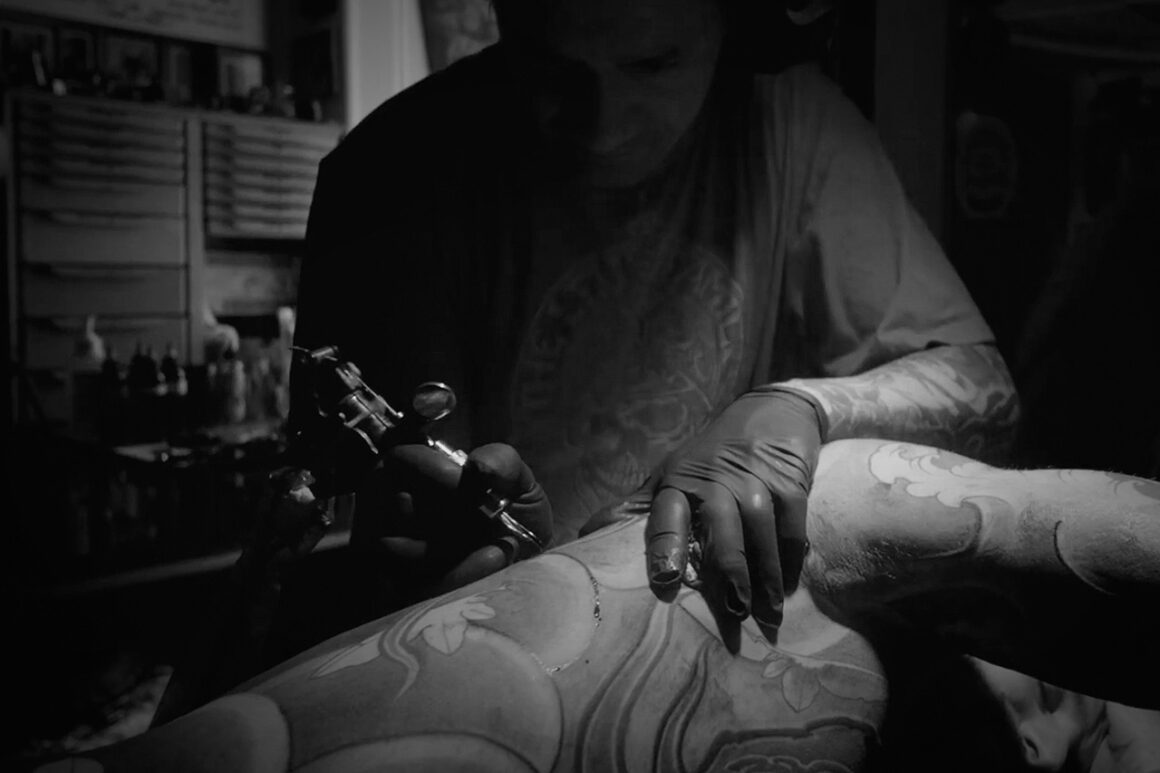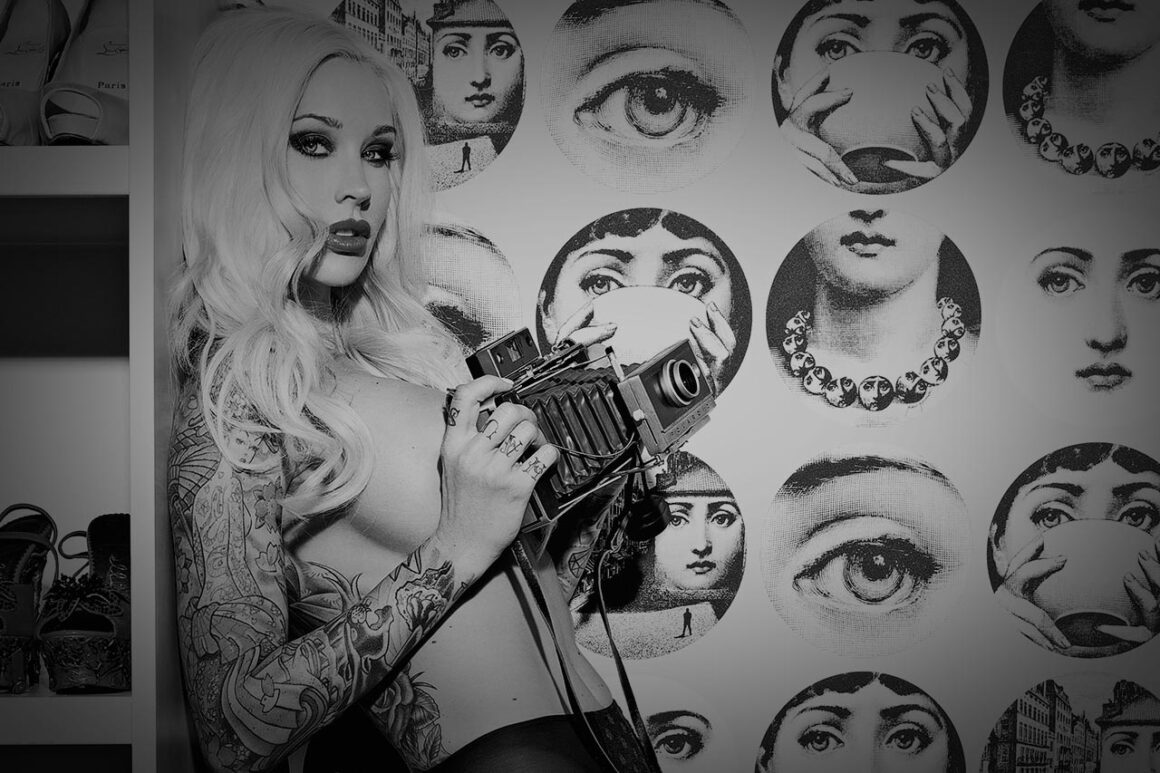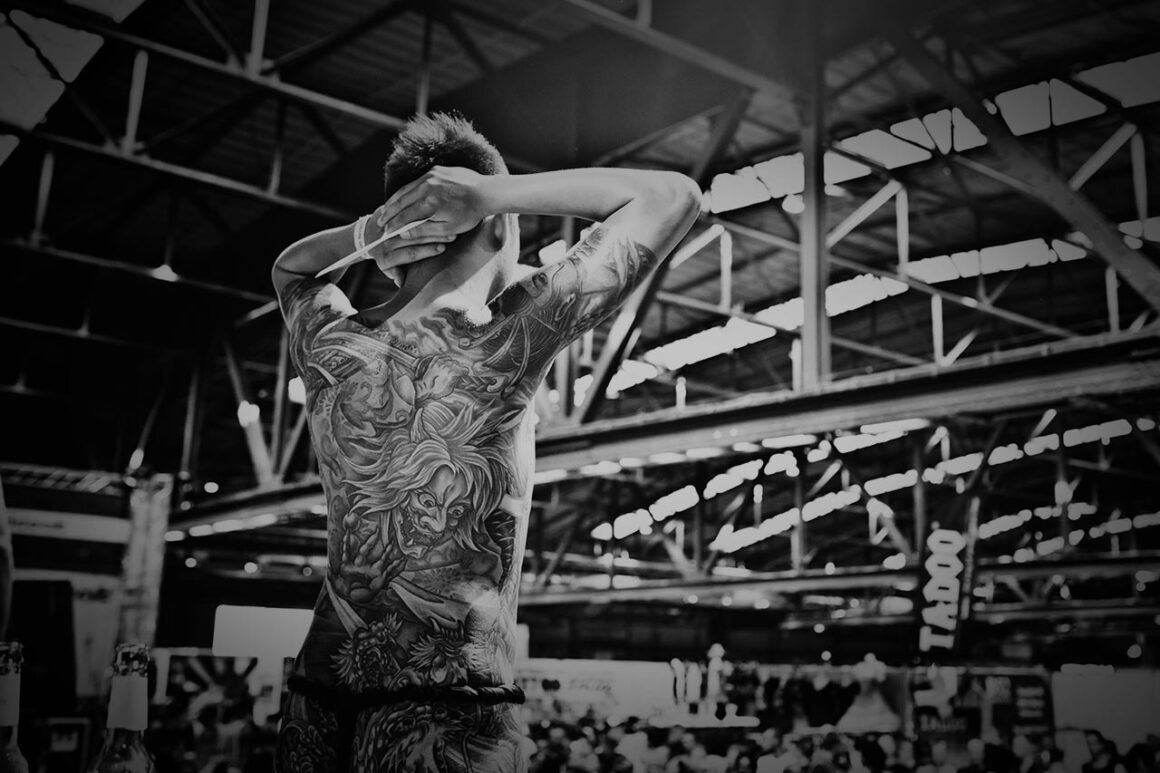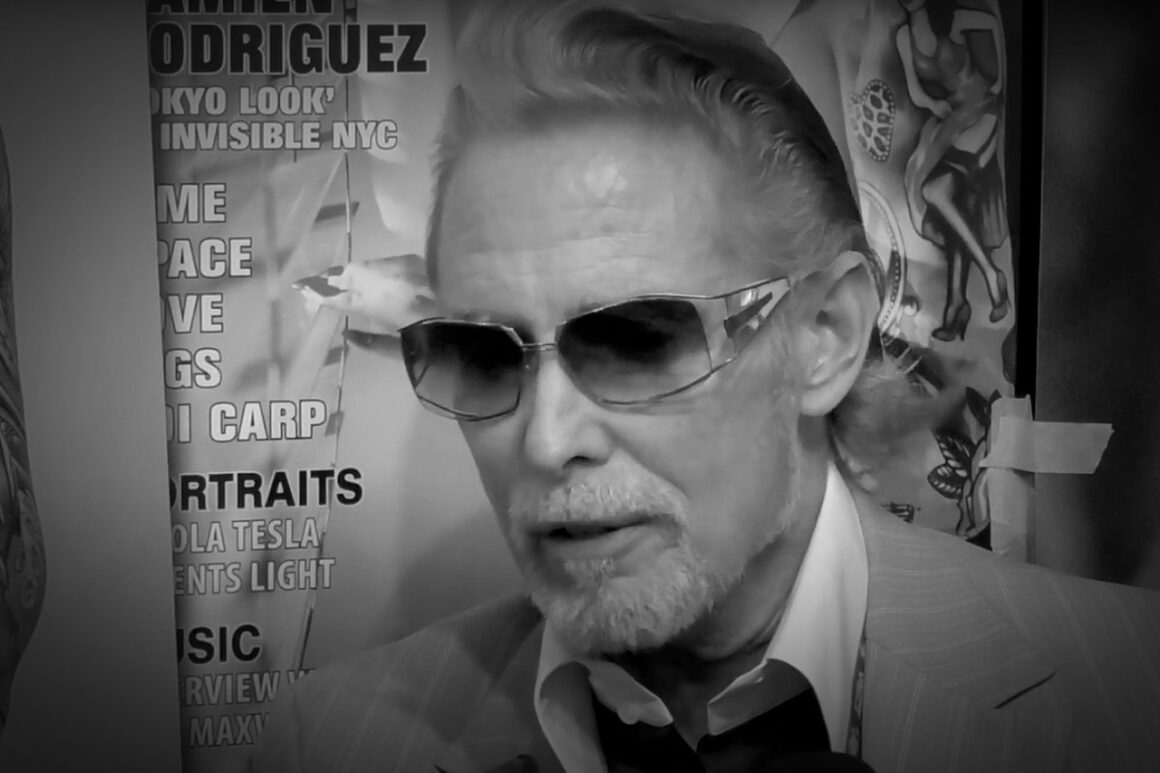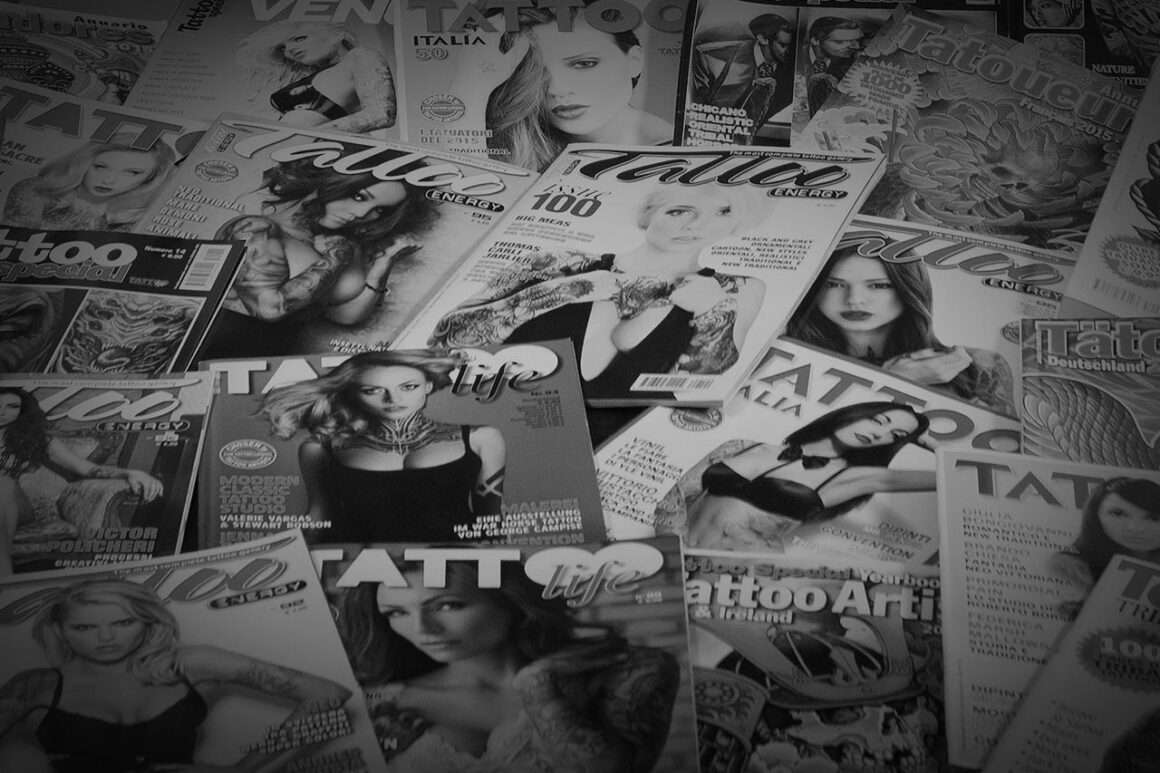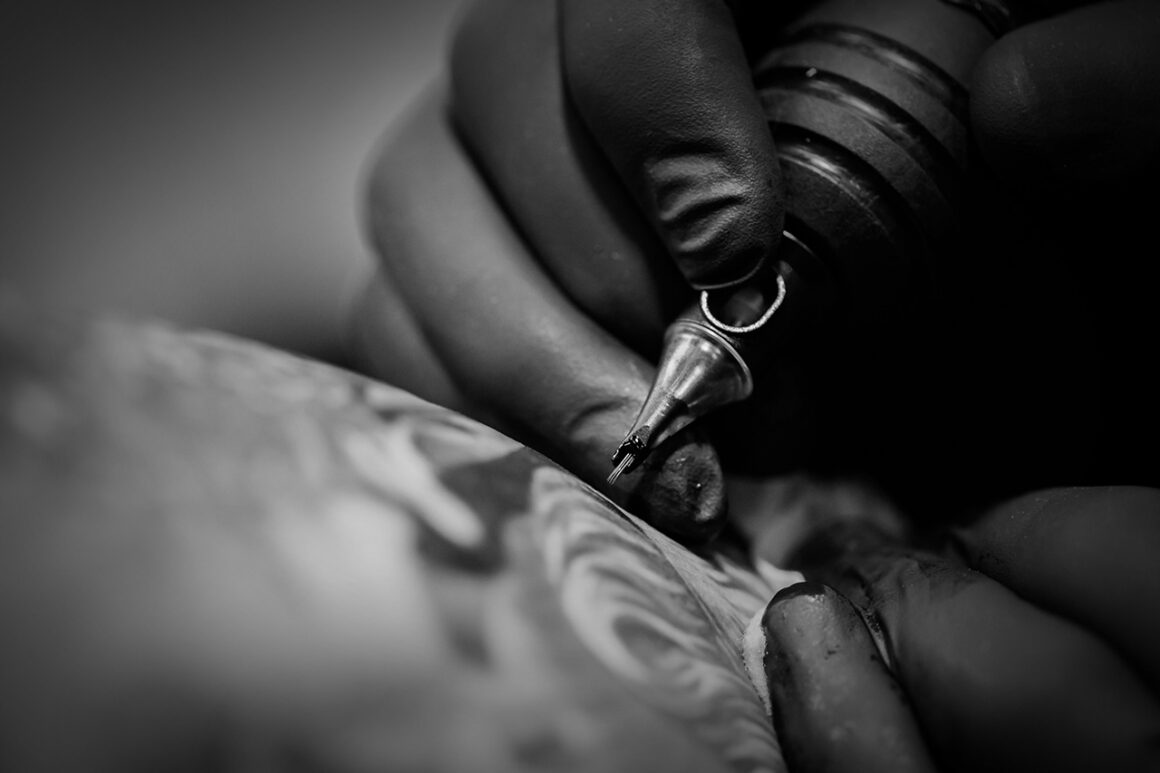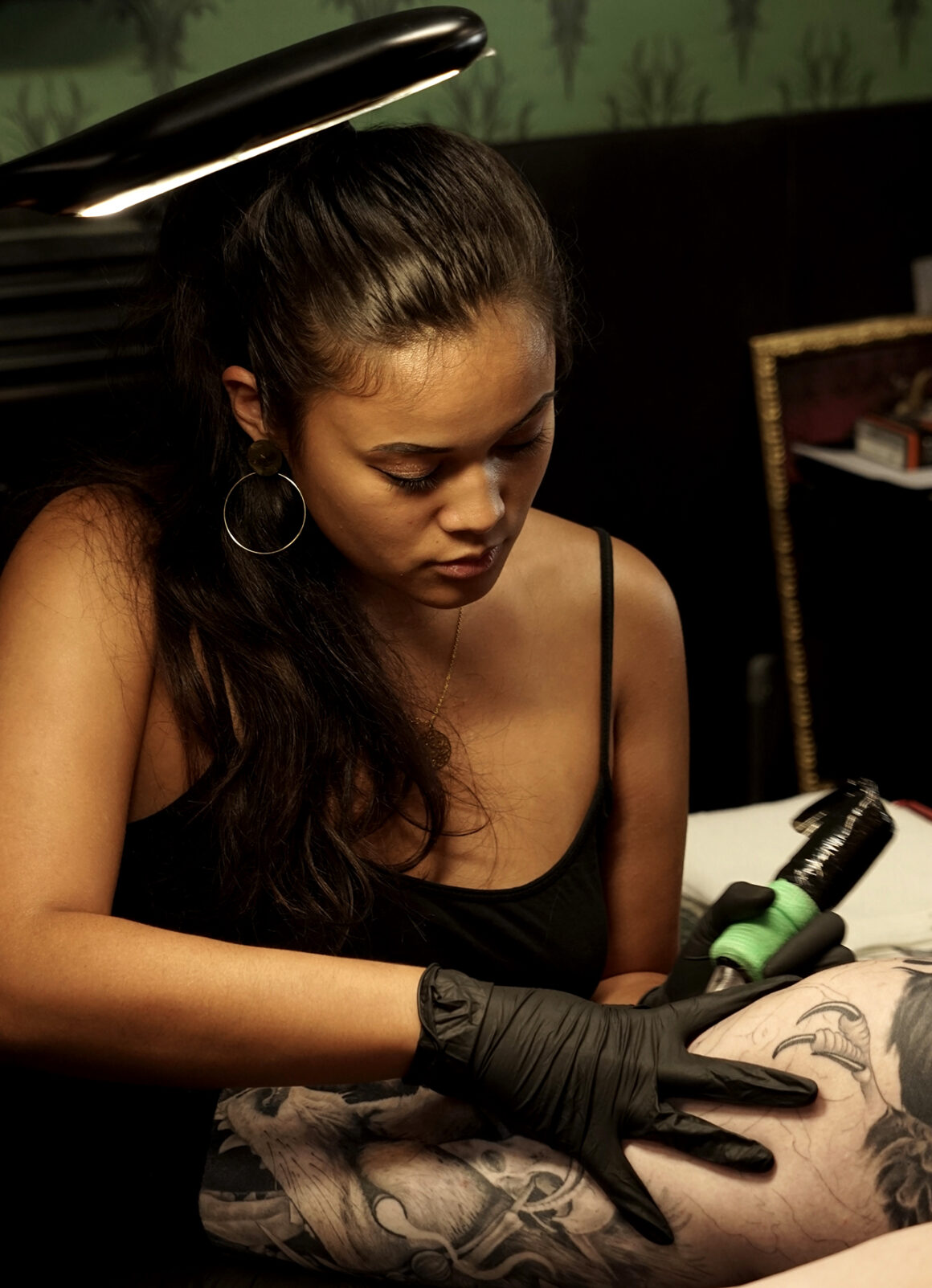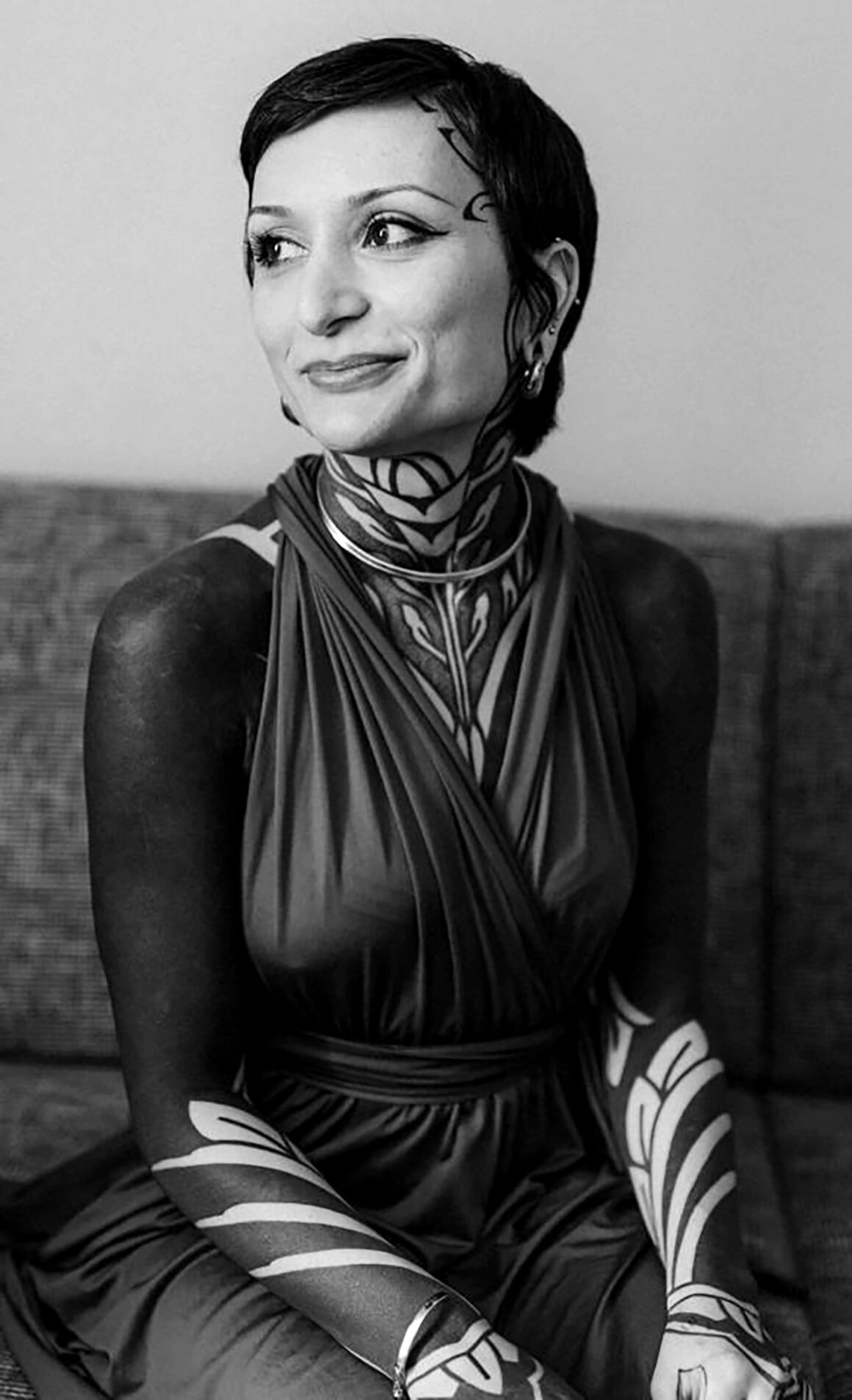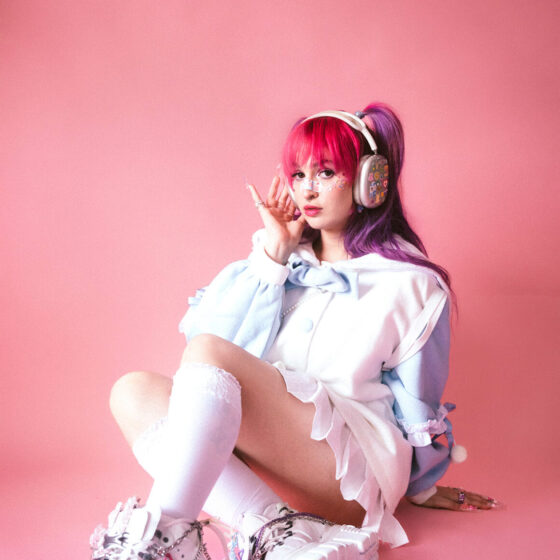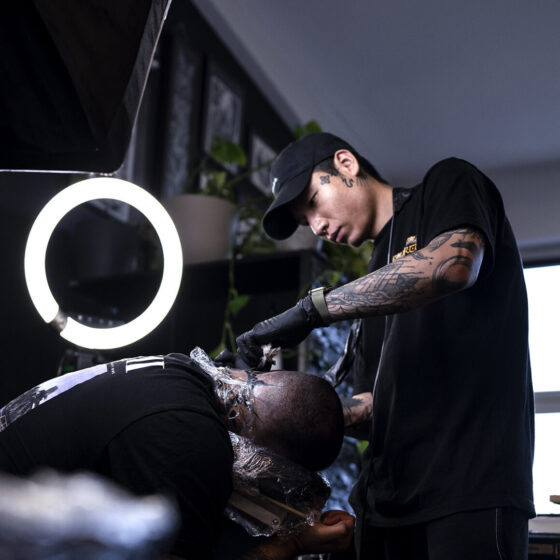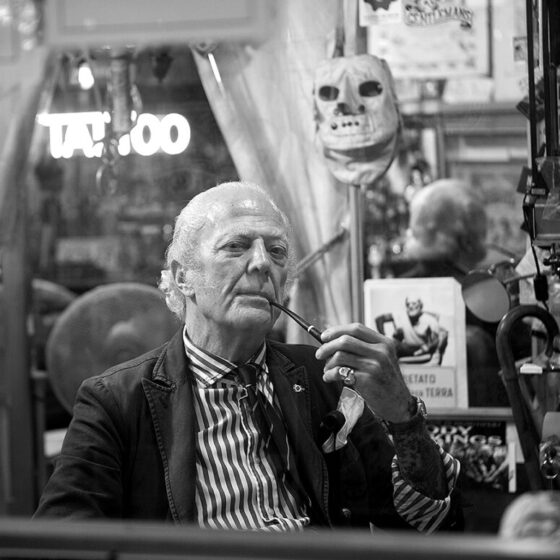Julian Siebert, owner and tattooist at Corpsepainter Tattoo in the iconic German city of Munich, is with no exaggeration one of Germany’s most well-known, as well as best tattoo artists.
To acknowledge this, you don’t have to know that he once won the prestigious »Best of Show« award at the world famous London Tattoo Show – a look at one of his amazing back pieces and bodysuits is enough to recognize his creative and technical mastership in the art of tattooing.
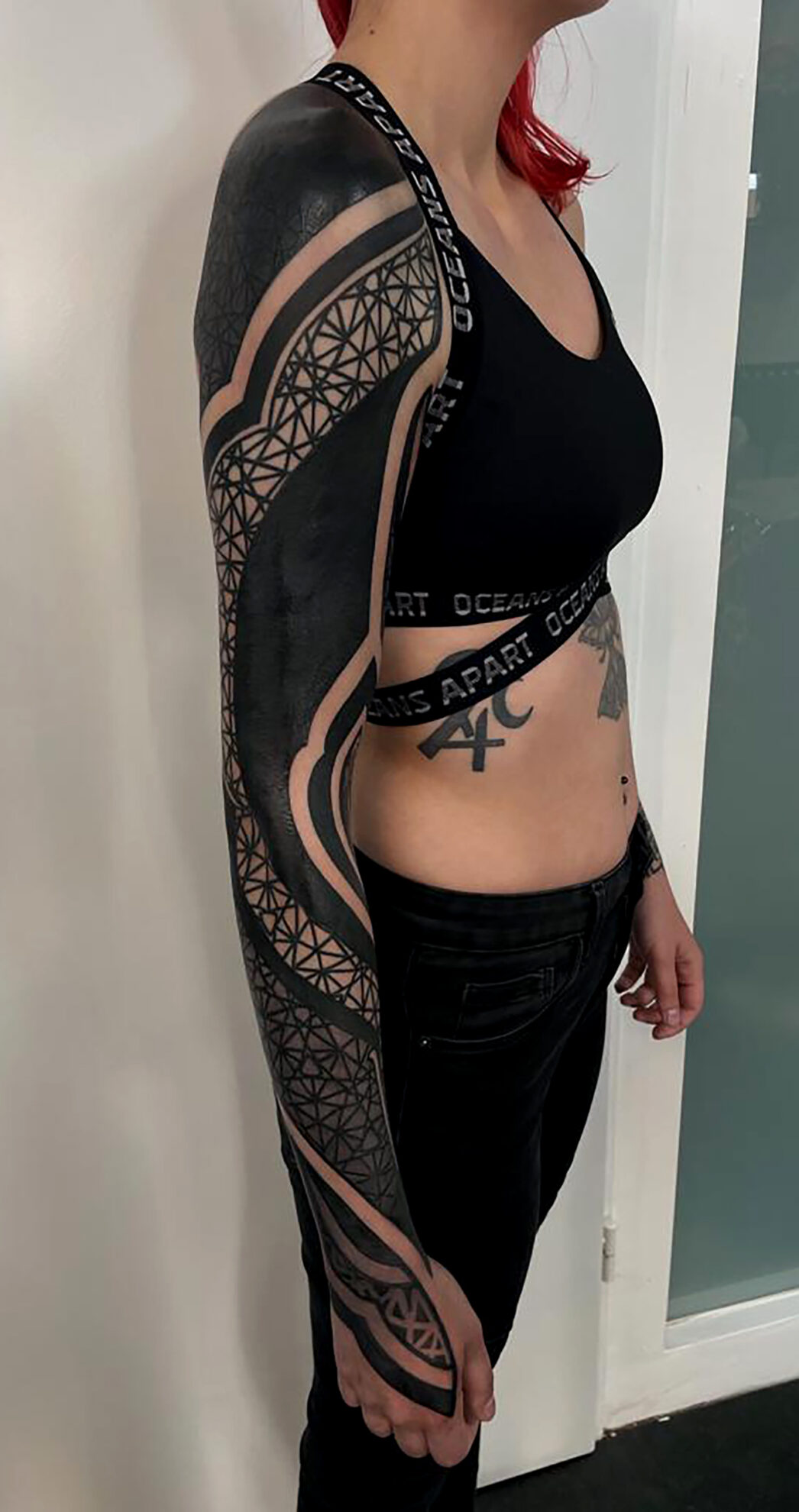
But Julian is not just a master-tattooist, he also seems to have a very lucky hand when choosing his apprentices who create tattoos that can make even established artists go green with envy. So, time for a conversation about passing on tattoo-skills to the next tattoo-generation with someone who knows what he’s talking about!
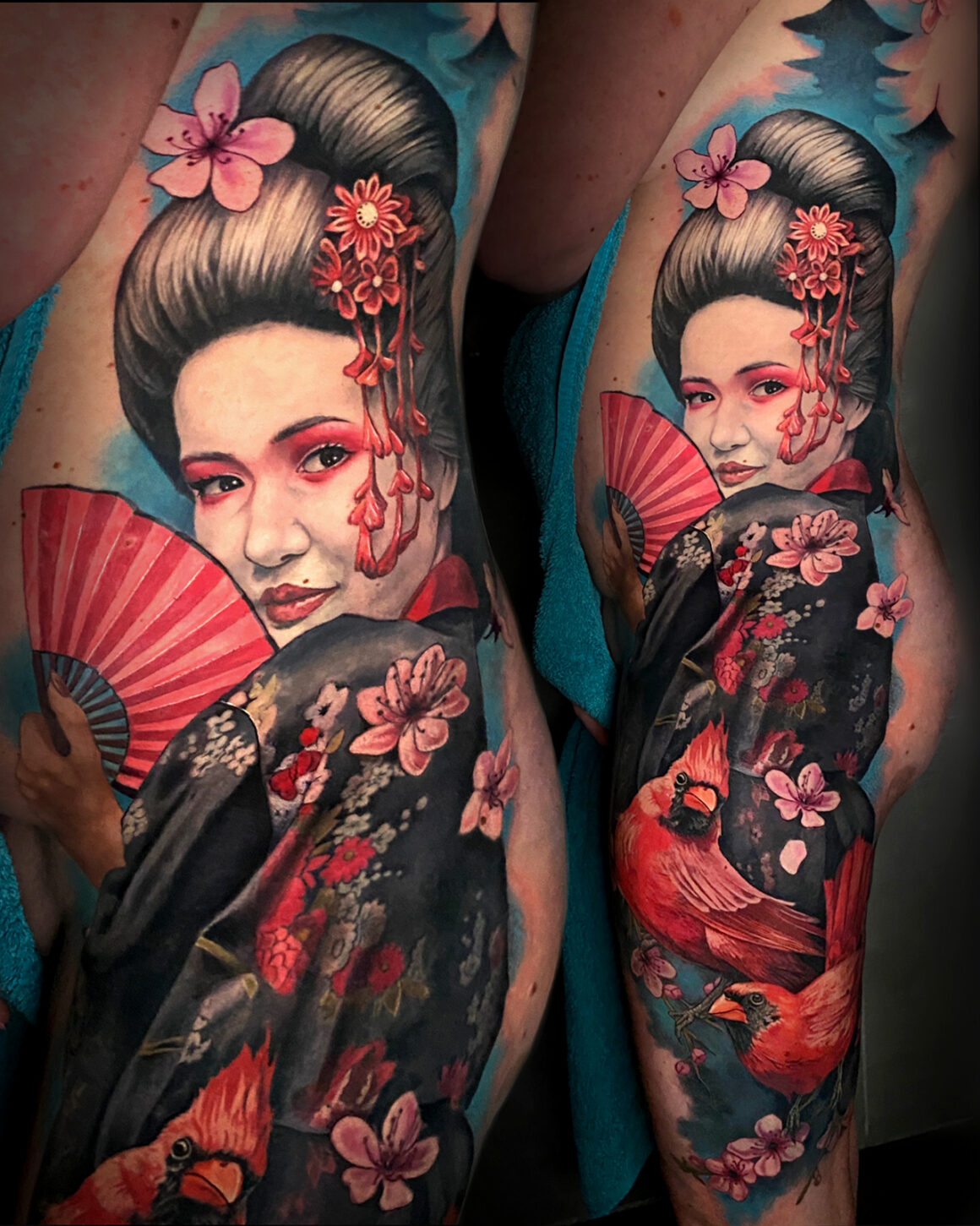
Lately I went to a tattoo-show where an established artist and his apprentice both entered a tattoo at the contest. The apprentice won a price while his teacher went away empty handed and therefore got mad and freaked out completely over being surpassed by his student. What are your thoughts about that?
Julian: I think as a teacher he did everything right before the contest! Sadly straight after he lost his face by not being proud of his student and his successful apprenticeship.
When someone asks you for an apprenticeship; what does an apprentice need to get accepted by you?
Julian: You must be able to draw by yourself! This feeling in your hands/muscle memories are important. I want to see a portfolio where I can see the potential that they have, the ability to draw without digital help.
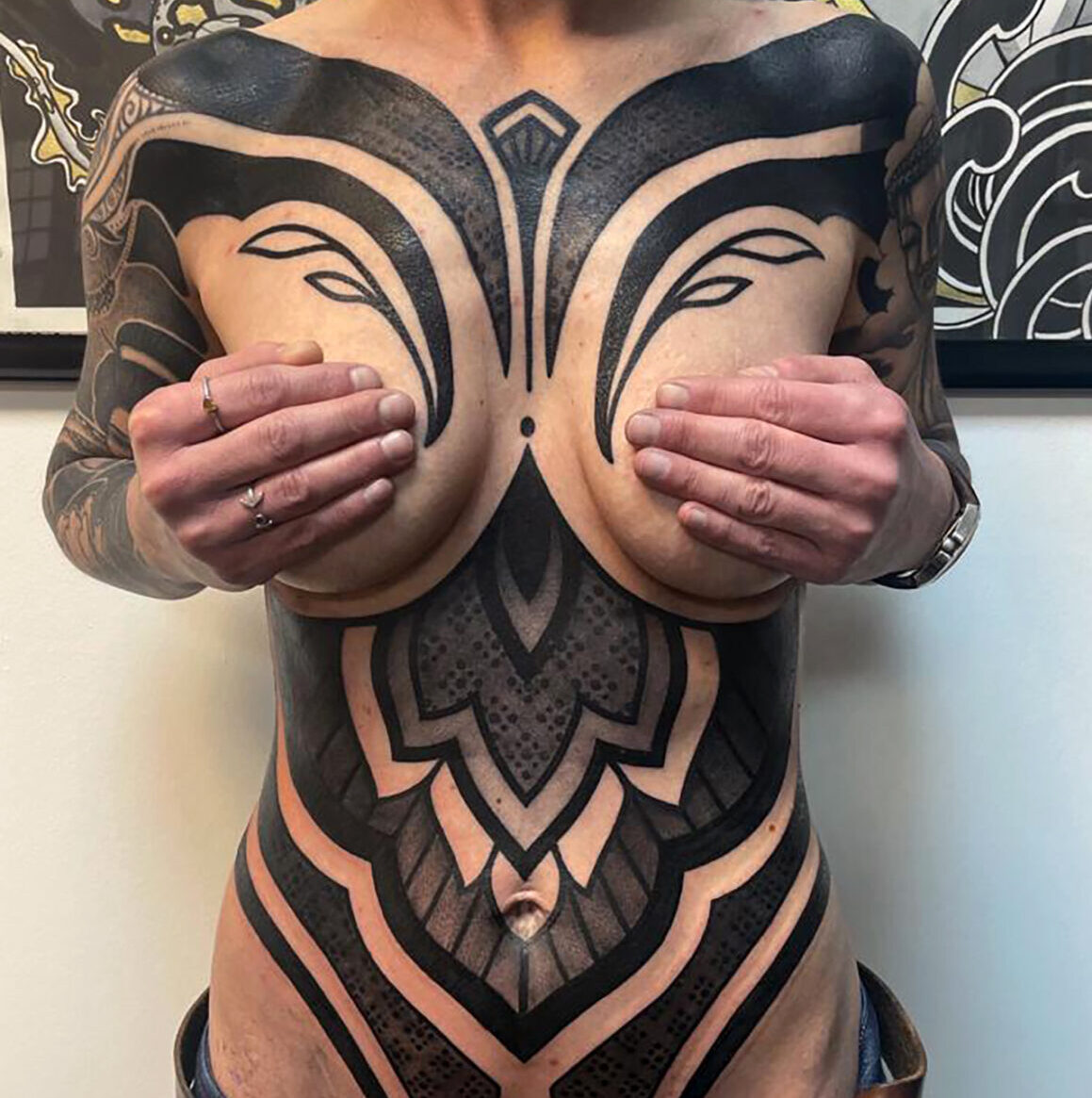
What is it that you give or teach an apprentice? Just technique? Or does it go beyond?
Julian: I think besides the normal apprenticeship, teaching history is important too; the younger tattoo generation isn’t interested much in tattoo history and a lot of knowledge gets lost.
A lot of young tattooists never heard about Shige, the Leu Family or Horiyoshi!
I think that’s very sad, and I wouldn’t want my apprentices to look like idiots when they have the chance to talk to tattoo-legends at a convention or so because they don’t know the names of these people.

I could imagine that you don’t just teach according to the book, it’s probably necessary to adjust the teaching to the apprentice?
Julian: It is individual for every apprentice that I take. I first look at their potential and then from this point I decide in which direction they should learn. For example, Janina always loved drawing portraits since she was a little girl. That’s why I taught her everything I know about building up solid portraits and from this on whole sleeve and backpiece concepts.
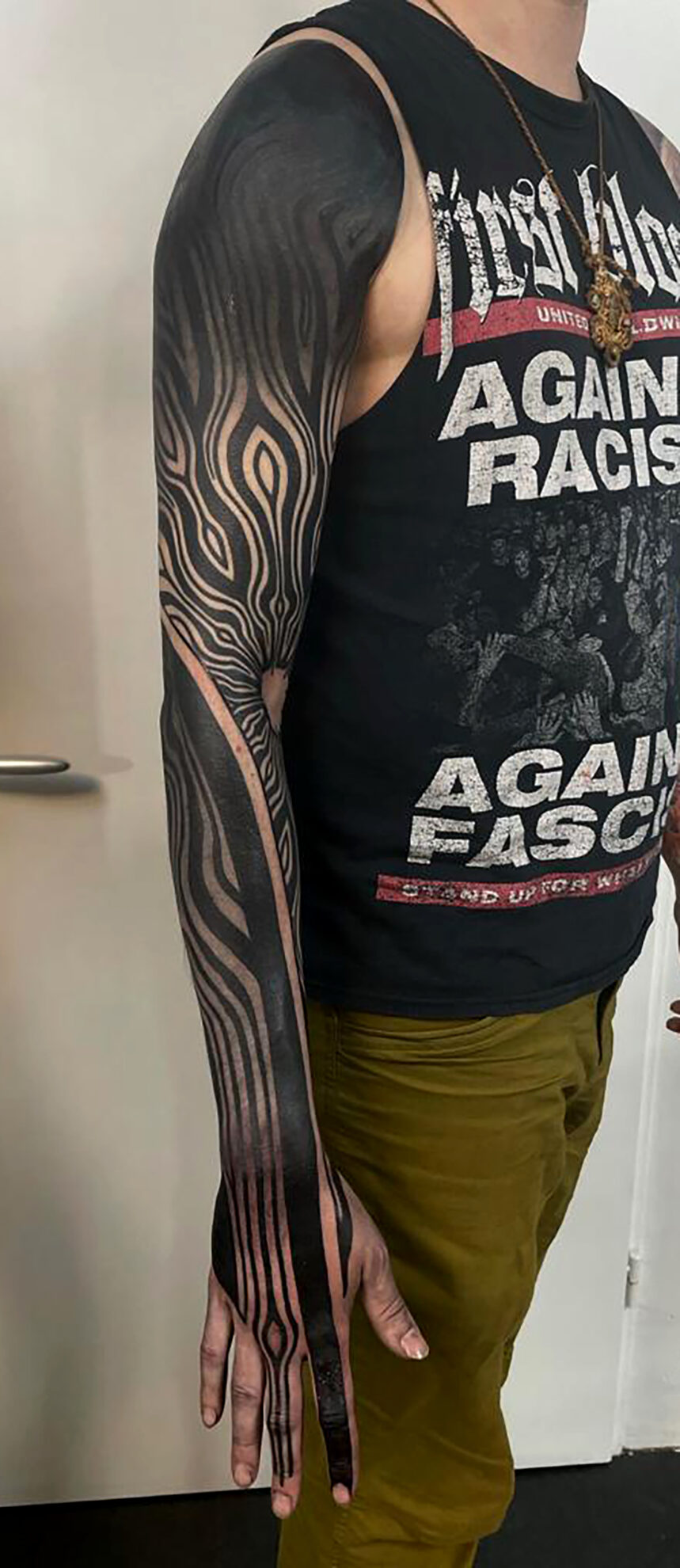
From this point, I think, she will learn to feel comfortable in tattooing and then she can start finding her own signature style.
My first apprentice Melissa was creating her own designs so we started with compositions, color plates and contrast.
Soon her designs became less colourful and more ornamental. From this moment it was more about explaining her the concept of bodyflow when she started reducing her designs more into beautiful blackwork concepts. Isi always liked more the abstract shapes with a dark touch so we started with colourpacking and strong linework, now she also likes to combine her designs with blackwork and mandala elements. There are many possibilities from which point you can start learning.
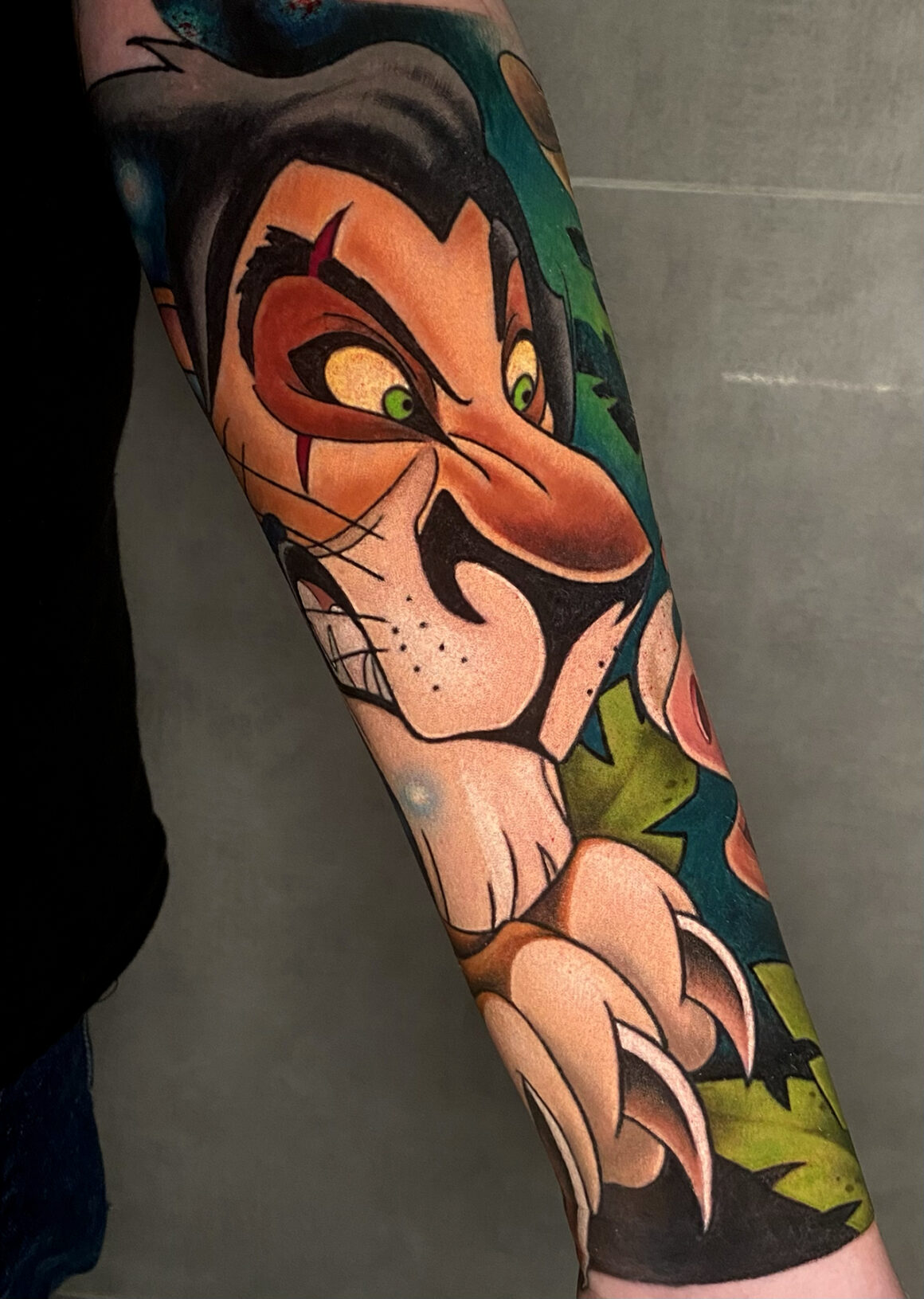
Some weeks ago I met your apprentice Janina at a tattoo convention; what she’s doing now while she’s still learning is far beyond what other tattooists can accomplish even after decades of experience. What’s left for her to learn?
Julian: As Janina loved drawing since she was a young girl, we taught her drawing techniques. Now she is on her way to find perfection in her tattooing technique and from there on she has the best foundation to find her signature style.
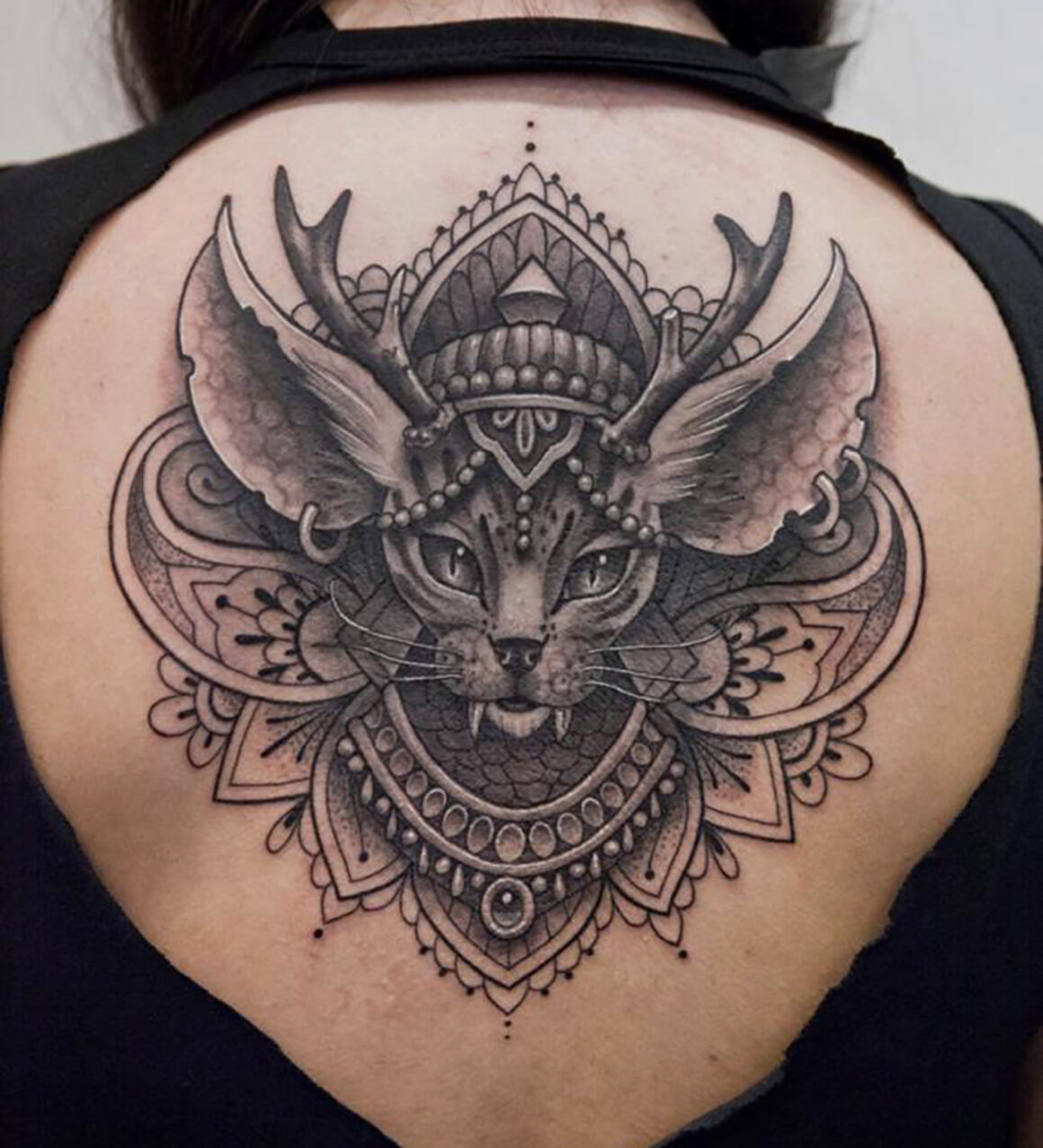
The old way of teaching was letting the apprentice clean the studio, make coffee, soldering needles… what do you think about that?
Julian: I want that apprentices have a positive experience when learning from me and not remembering the apprenticeships as a negative time in their life.
I’ve known you for quite a while now and you are a very self-reflected person; does teaching someone else help you to better understand or even improve your own tattooing?
Julian: I always learn by reflecting on my own work routine. Especially when I see that my apprentices are hungry for new knowledge, I really enjoy teaching and I changed a lot of my own routine because of this.
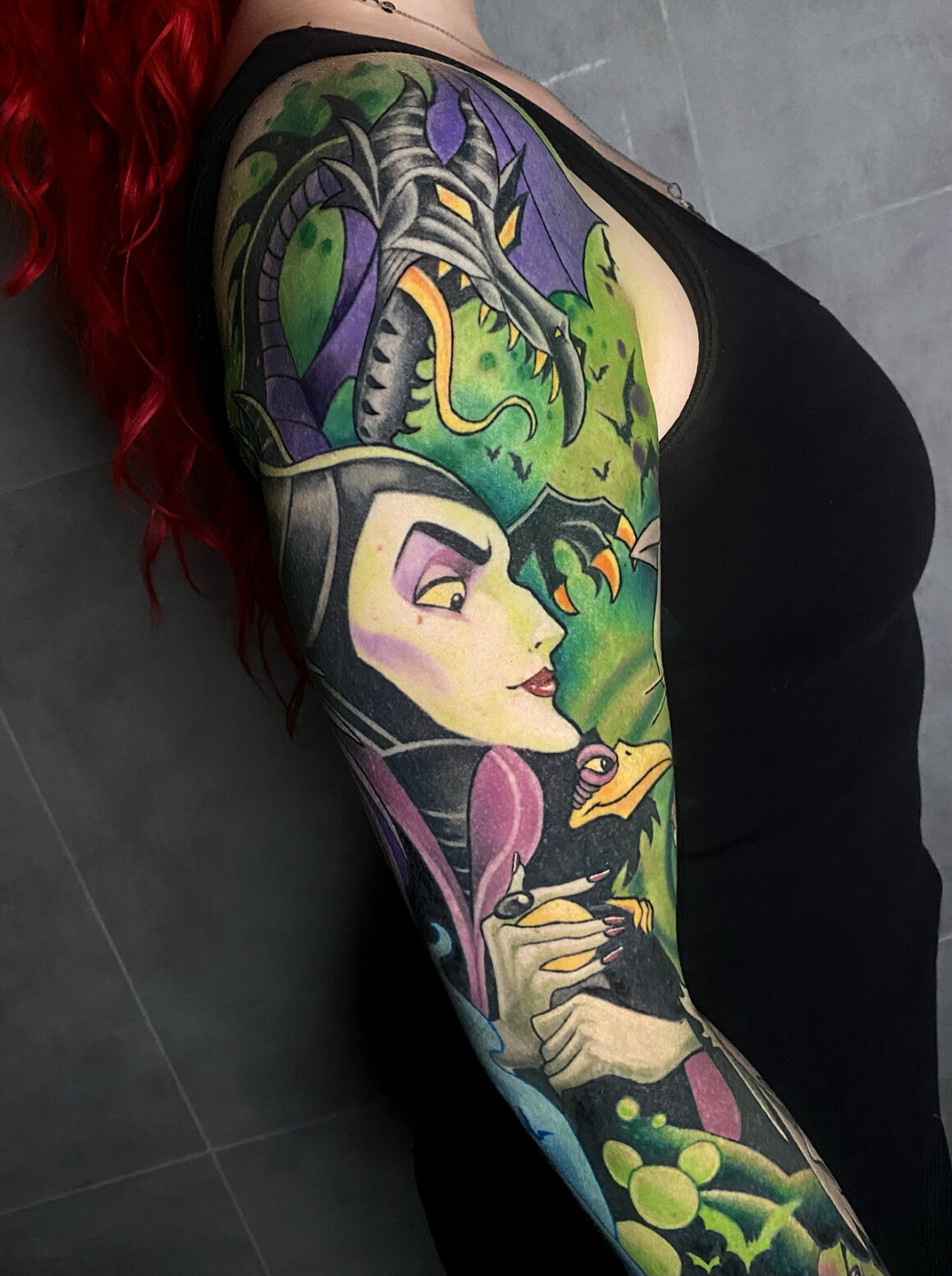
A teacher always wants his students to learn and grow – on the other hand, tattooists often have quite an ego and can’t handle being surpassed by their apprentices. Straight-up; would it bug you if one of your former apprentices would become more welcome-known than you?
Julian: Do you remember how I cheered when Janina won a price at her very first convention and how happy I was when Melissa won the „Apprentice Contest“ by German TätowierMagazin? I hope they get „better“ than me, because then I did everything right! But in the end I’m just happy when they love their work and the life in the tattoo industry.
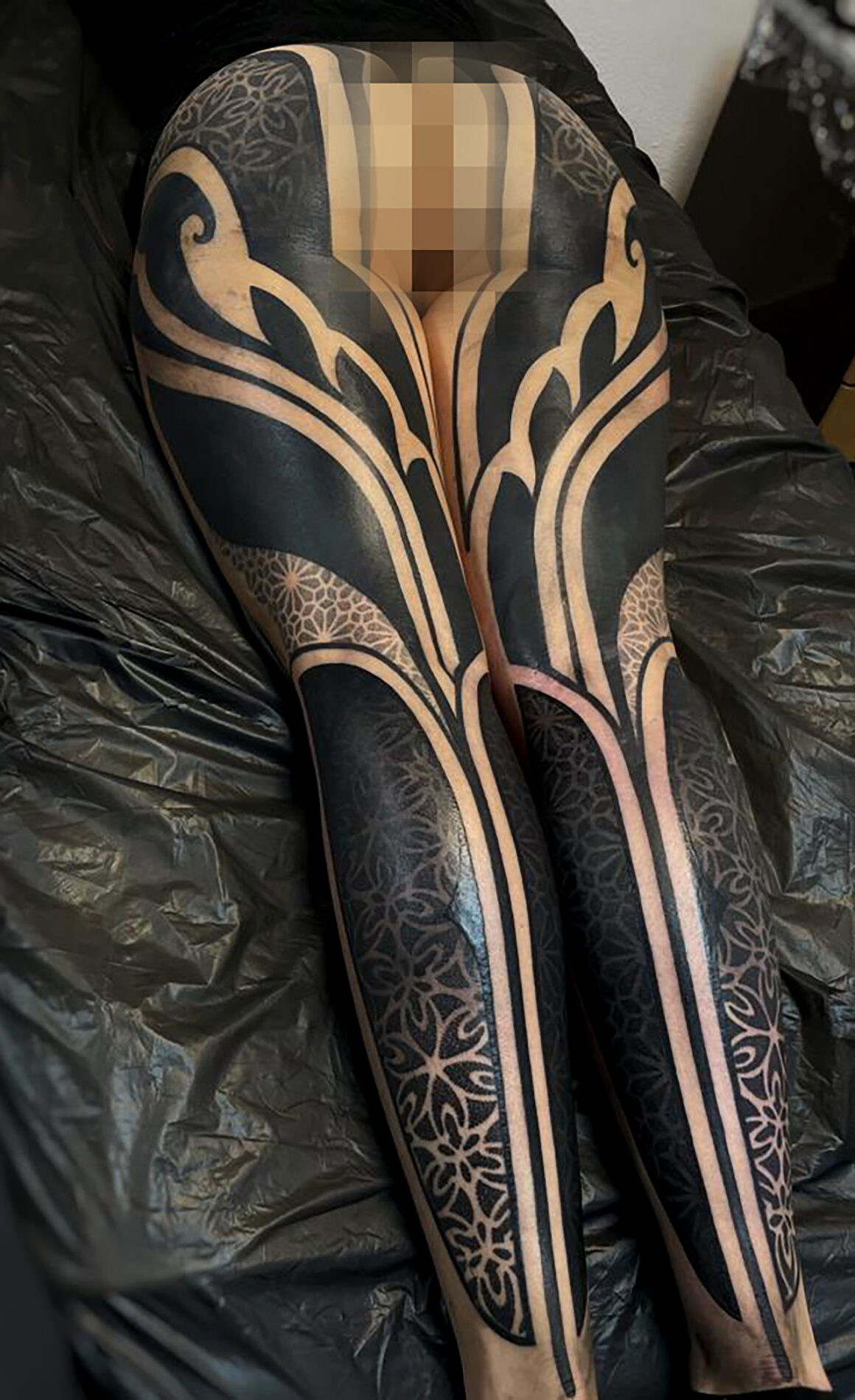
You’re a very nice, friendly and gentle person, but I guess when you’re teaching someone, here and there it’s also necessary to criticize someone, point out mistakes, and say things that are not so nice. Is that difficult for you?
Julian: Constructive criticism is something that every artist who wants to keep on growing has to learn. I don’t beat around the bush, that’s something my apprentices has to handle, but they always know it’s nothing personal and it’s good for them. My whole shop including myself works like this.
We are getting better because we are never afraid of getting criticized and learn from it.
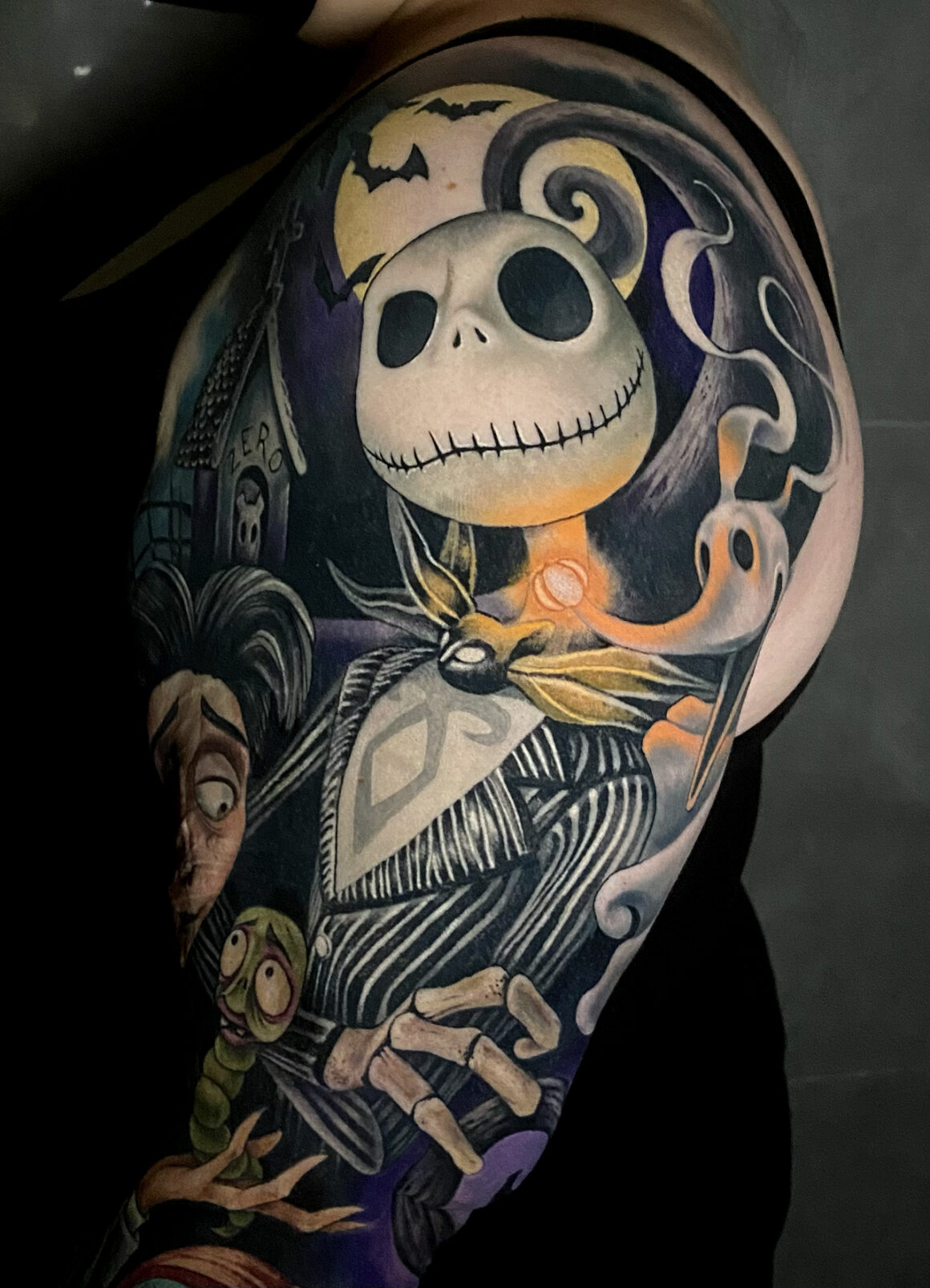
Quite often tattooists feel betrayed when, after teaching someone for years, these guys leave the shop to set up their own studio. On the other hand, the young guys often feel like they can’t grow in the studio where they were taught and where they will always be looked at as the apprentice, no matter how good they become. How do you go about that conflict?
Julian: I can understand that an artist can reach a point where they feel stuck and that they need new influences somewhere else. As long as it is respectful with enough time to fill the spot, I will never stop a traveller. In my shop there are no ranks, everybody is a creative individual with the same value. My students will never feel this „always apprentice“ thing.
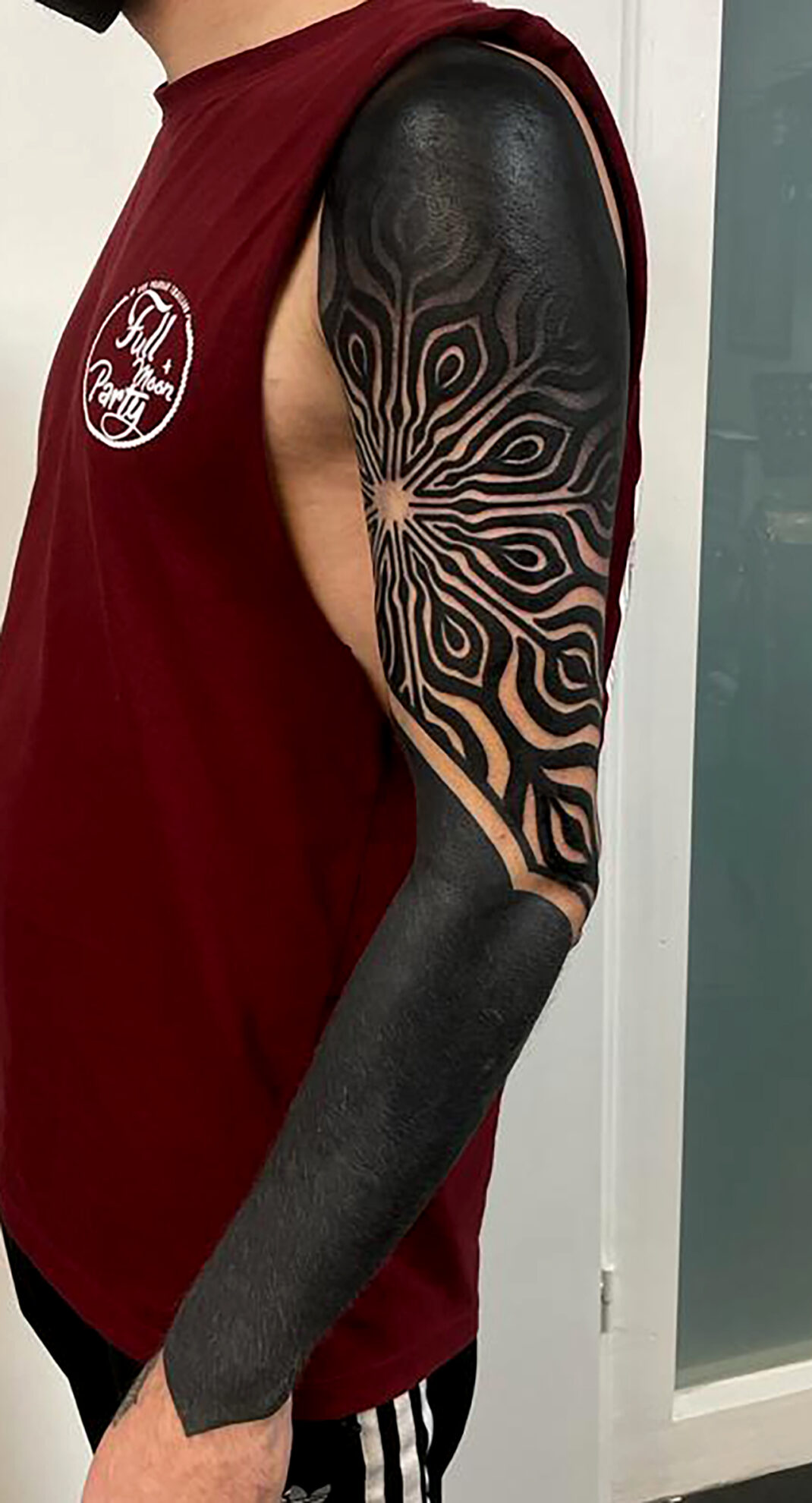
I remember when you told me that when you won your first price at a tattoo-show, your teacher’s reaction was quite rough; he commented »So now you think you’re someone or what?« which must have been quite frustrating when you were happy about your first price. Did experiences like that influence your way of teaching?
Julian: Absolutely. I never want someone in my shop to have that kind of bad feelings as I had! I‘m so proud to see how they grow and that I can accompany them on a part of their way.
On the other hand, I know that your teacher only accepted you on the condition that you have to start practicing yoga when you want to become a tattooist, to balance damages from the odd posture while tattooing. I always liked that way of thinking; do you still practice yoga and do you recommend it to your apprentices?
Julian: Good point, I agree, but because of my bad experience in my apprenticeship I never did yoga again! But still I make them aware of the problems they can get and keep watching their posture while tattooing.
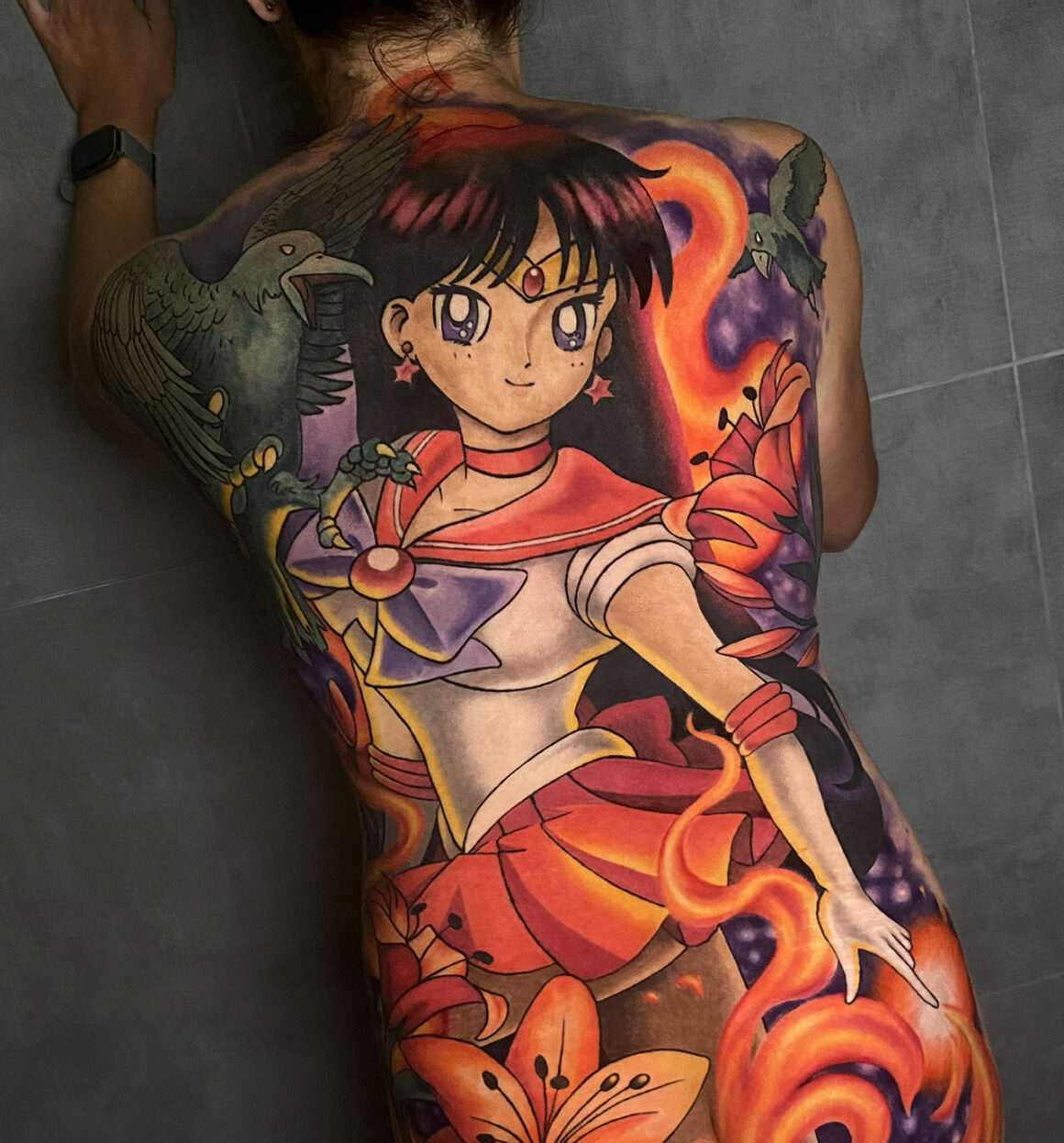
What is your advice to all the tattoo-apprentices out there?
Julian: Find a good shop where you can start. Show them the best Portfolio you can do. Get inspired from artists from Instagram to get an idea of the level tattoo artists have nowadays! Becoming a good artist these days means working/practicing a lot!
And what would be your advice for tattooists who want to pass on their knowledge to an apprentice?
Julian: Your students should learn drawing with Polychromos. For me the closest form of painting compared to tattooing. If they can do clean designs with them they understand tattooing faster. Tell them that constructive criticism is a must, it’s not meant personally and they have to be able to handle it!
